Technology is becoming more and more ingrained into the daily operations of today’s hoteliers, with hotel technology itself evolving in leaps and bounds. As hotel tech platforms and tools become more advanced and marketing-savvy, it becomes increasingly difficult for hoteliers to sift through the noise to find the best tools to meet their specific needs. In this article, you’ll learn how the Time to Value metric can help hoteliers to decide which technology or software is worth it.
The Time to Value Metric: What is It?
So, how can hoteliers decide if hotel technology software is worth it? One way to narrow down your choices is to think like a tech provider – what indicators are meaningful to them when evaluating their product? Beyond the USP they claim to have, how do their actual results set them apart from the crowd? Understanding what counts as a success from a tech provider’s perspective can shed light on attributes that align with your own hotel’s priorities.
One metric that our partner Oaky focuses on is Time to Value. This metric, called TTV for short, is an important indicator of whether a product or service is worth it’s salt in today’s industry climate. Time to Value reflects the length of time it takes a customer to feel the true value of a product or service. Technology providers focus on this because, let’s be honest, in hospitality, time is money. Hoteliers simply don’t have the time to experiment with maybes or wait-and-see investments – and especially not in these pressured times.
Hoteliers can feel the value of a product they’re using through expert customer support or even a dazzling sales pitch – but when it comes time to make a final decision, you’d be hard-pressed to find anything more convincing than concrete results.
Measuring Time to Value
Depending on the service provided, Time to Value markers can take a number of different forms. Some products, like productivity tools, are designed to offer immediate results. They might measure their Time to Value in terms of any meaningful use of the tool: projects added, workflows created or any repeated use of their features. Others, by definition of the services they offer, aim for long term results. This category happens to include most platforms in hotel tech – and for good reason.
“Our goal is to provide hoteliers with a reliable stream of incremental revenue, while cultivating pleasure and convenience for hotel guests. In our eyes, our product is in it for the long run – we have seen how the tool can produce sustained results in a variety of different cases. While we work towards enhancing the guest experience and regular income in the long run, we know that our product also has the ability to deliver ROI pretty quickly.” – Saahil Karkera, Head of Customer Success EMEA at Oaky
A New Focus for a New Era
Based on what was discovered, it becomes obvious that every hotel should explore this metric when shopping around. It could shine a light on an aspect of a product that previously went unnoticed. Data insights of the upselling engine showed a surprising proportion of upsell engine customers actually started earning revenue the day they went live, pushing the product further into ‘quick fix’ territory than previously imagined.
The learnings included that over the last three years:
- An average of 70% generated revenue on the day of going live
- An average of 16% generated revenue between day 1 and 5
- An average of 14% generated revenue after 5 days
Of the customers that generated revenue the day they went live with the upselling tool, 80% also earned their first revenue within two hours of going live.
“By showcasing these discoveries, we hope to encourage hoteliers to shift their perspectives and leave no stone unturned when exploring the potential of a product in various industry conditions.” – Diego Favoretto, Data Scientist at Oaky
For more insight into how Time to Value can be determined, including isolated analyses from Covid-affected periods, read the Instant Hotel ROI article.
Aligning With Hotel Priorities
During periods of low demand for the hospitality industry, the Time to Value metric becomes more important than ever. As hoteliers search for ways to remain resilient and keep their teams motivated, perhaps a solution with a ‘quick fix’ aspect is just the thing they need.
If learning the ropes for an increasing amount of tools is a given for hoteliers, tech providers can at least make that mission worthwhile, and immediately so. While there are many points to take into account in curating a ‘perfect match’ tech stack, looking at Time to Value can help you understand which tool, amongst a sea of innovative hotel tech platforms, will bring you what you’re looking for in a timely fashion.
More Tips to Grow Your Business
Revfine.com is the leading knowledge platform for the hospitality and travel industry. Professionals use our insights, strategies, and actionable tips to get inspired, optimize revenue, innovate processes, and improve customer experience.Explore expert advice on management, marketing, revenue management, operations, software, and technology in our dedicated Hotel, Hospitality, and Travel & Tourism categories.



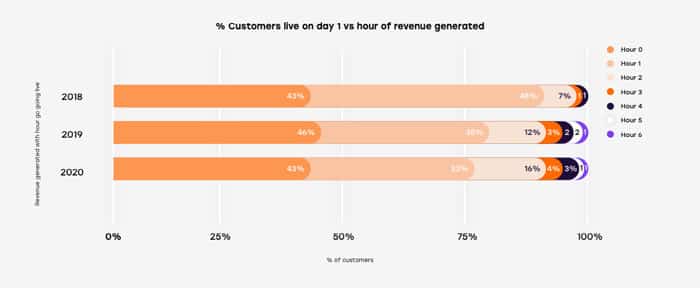
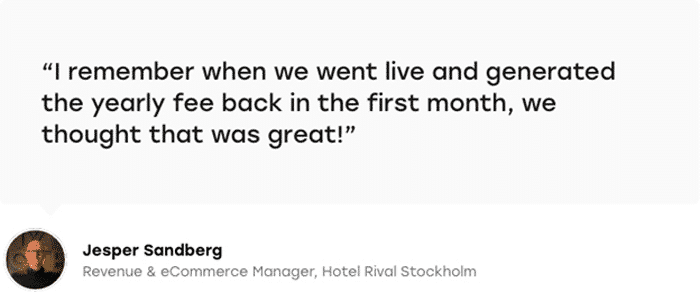
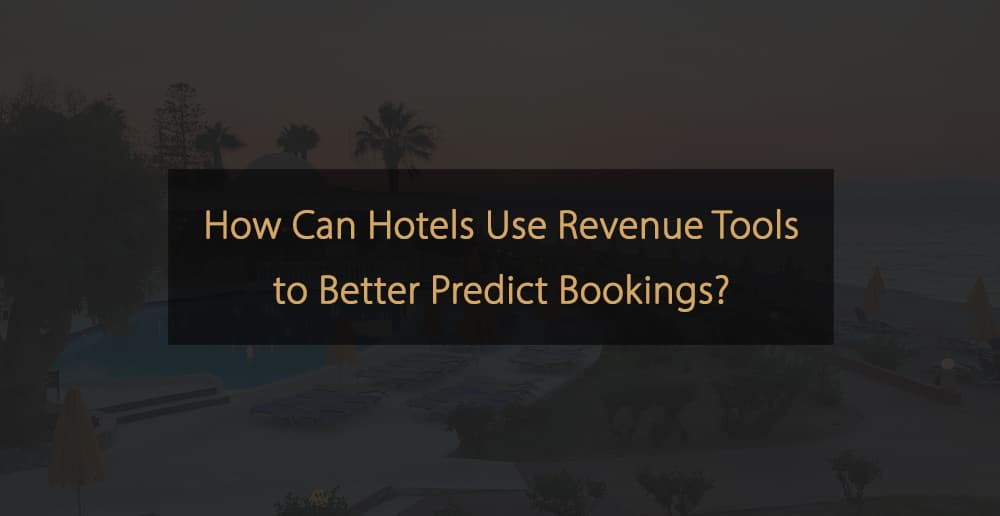

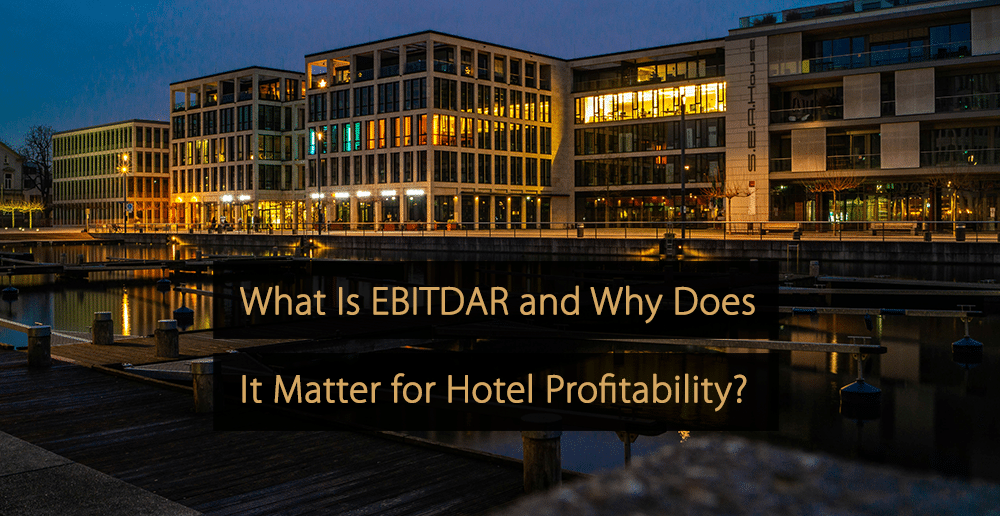
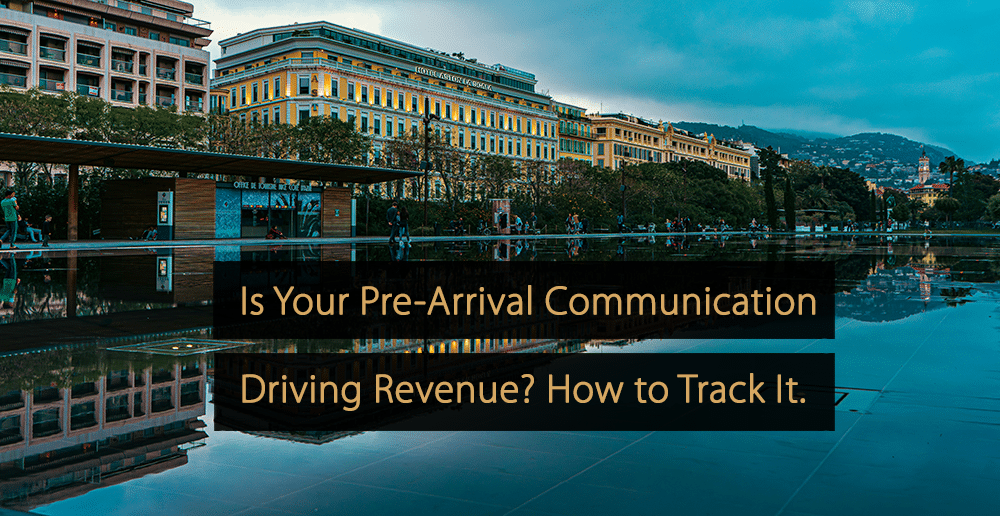

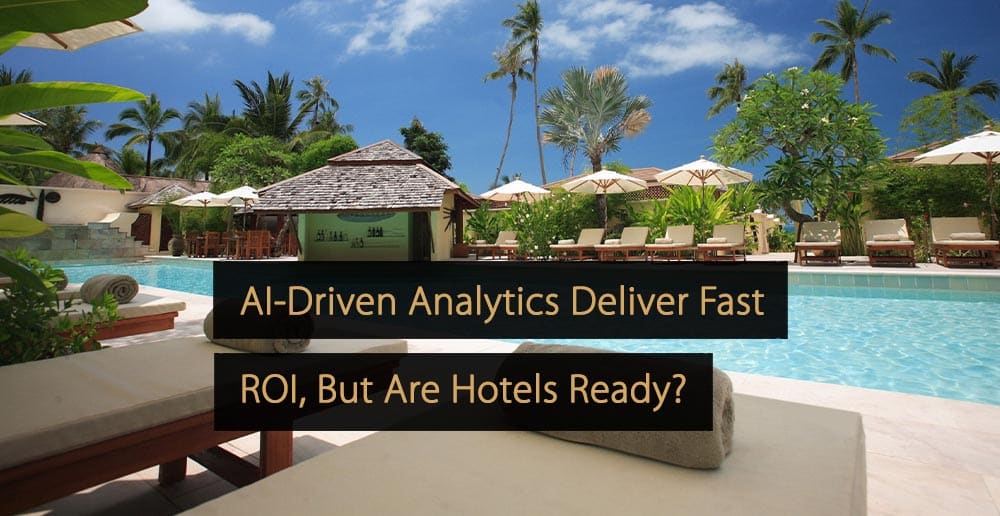
In this article Hotel technology is an ever-growing, ever-changing, concept because it’s still so young. The size of the industry is huge but in reality, hotel technology has really only established itself in the last decade or two. There are still thousands of hotels across the world that haven’t adopted a wide-ranging technology strategy. This is why so much opportunity exists for hotel businesses and technology developers alike.
However, even on opposite sides of the world hotels have the same basic business goals to optimise distribution, drive bookings, and create a healthy revenue stream. The avenue towards these objectives may vary strategically but the most successful properties have at least one thing in common: they all use sophisticated hotel technology and software. In a travel landscape where distribution and booking technology, in particular, have become so prominent, any hotel not using the latest tools at its disposal is at a significant disadvantage.
Within an industry where time very much equals money, hotel technology is based around making things quicker and easier for hotel managers and staff – while smoothing out the guest experience too. Automation and integration are the buzzwords for any technology provider, but that’s because they truly are the key to achieving hotel business goals.